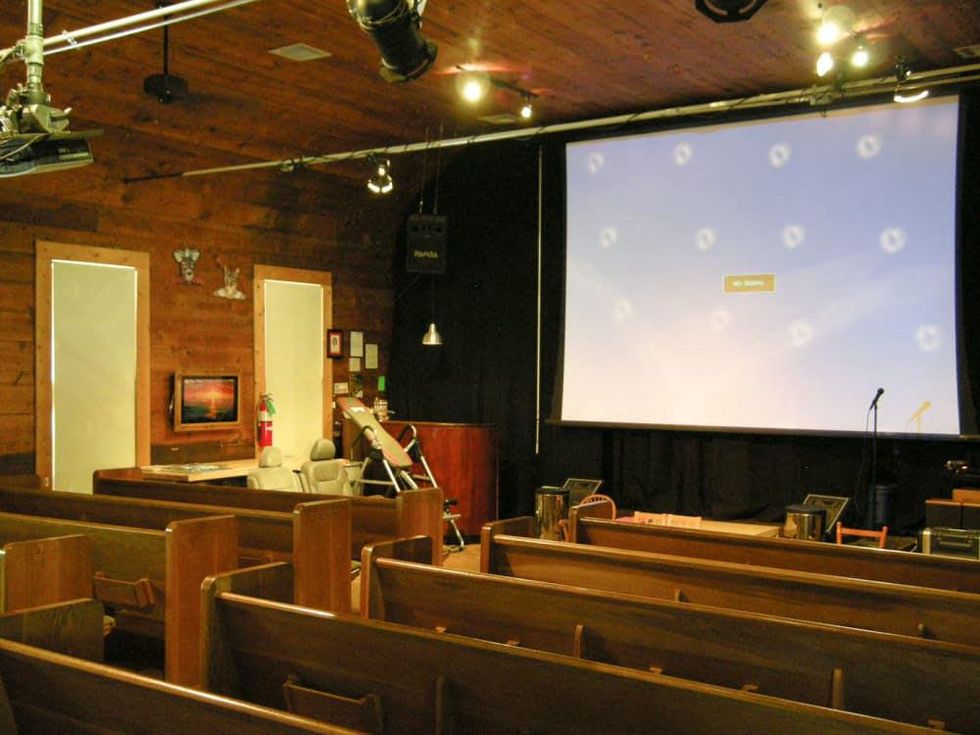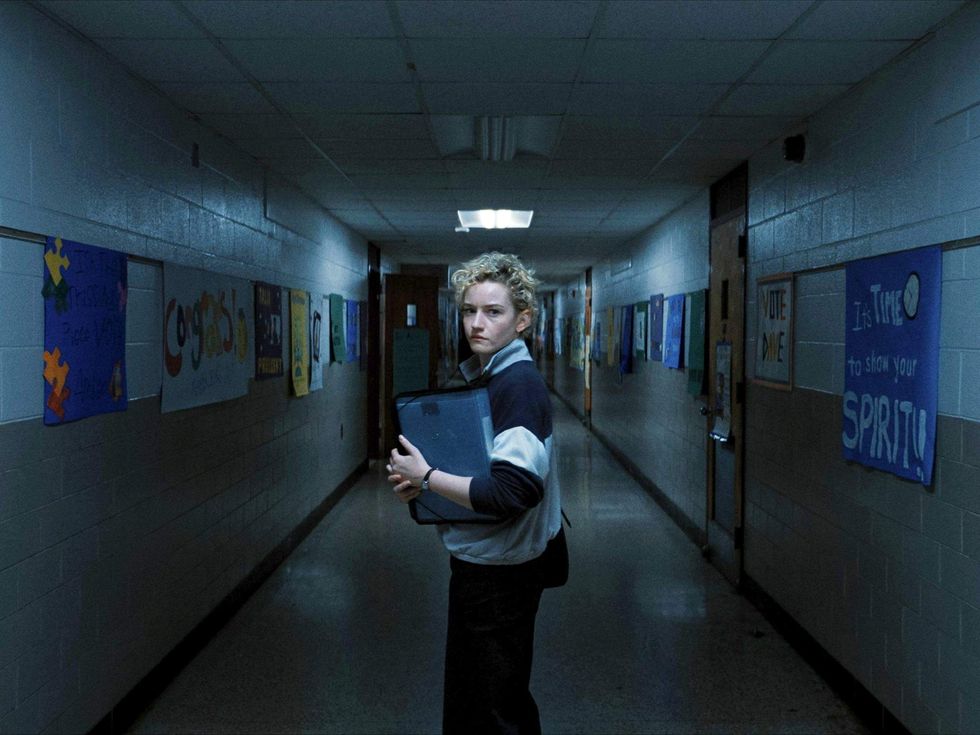A forward-looking filmmaker returns
Sold: The original Aurora Picture Show house finds a new priestess

When CultureMap spoke with Aurora Picture Show founder Andrea Grover in May, her Sunset Heights home (and the original home of the microcinema) was still on the market. This afternoon, a buyer named Cressandra Thibodeaux closed on the property.
The local art film community will heave a sigh of relief with the news of the purchase, as Thibodeaux has ensured the theater's use as a creative space. With an MFA in filmmaking from Columbia University and experience as a studio artist and in documentary film in Los Angeles, she will utilize the space with continued collaborations with the Aurora Picture Show and experimental film workshops.
A native Houstonian and alumna of the High School for the Performing and Visual Arts, Thibodeaux already holds a plethora of fresh ideas for the space - and she's open to the community's input. Taking a cue from the early days of the Alley Theatre, she will host an open forum for the creative community ("or anyone who likes free beer") on August 28 at the property, which has been renamed 14 Pews.














